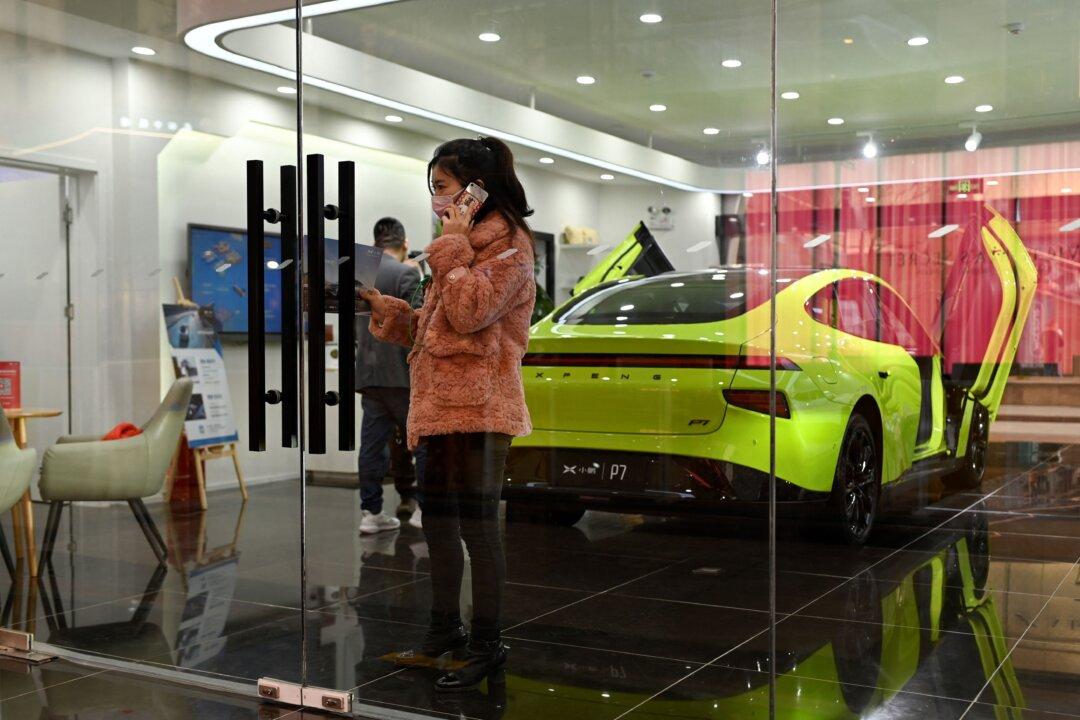Electric cars made in China pose a security threat to Britain because of “Trojan horse” software which could allow officials in Beijing to remotely immobilise hundreds of thousands of them in a stroke, according to a respected voice in the UK auto industry.
In a statement, Professor Jim Saker, president of the Institute of the Motor Industry, said “the threat of connected electric vehicles flooding the country could be the most effective Trojan horse that the Chinese establishment has,” if it wanted to destabilise the UK economy during a political crisis.





